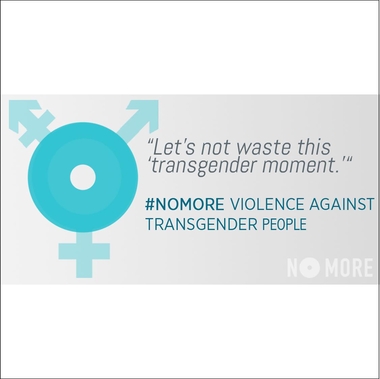Trans sexual assault: Treated in the abstract

by Hayden Smith
Staff Writer
Sexual assault disproportionately affects minority communities. It does not come as a big surprise that the United States’ transgender population is no different. What may come as a shock, however, is exactly howprevalent it is.
In 2015, the United States Transgender Survey, or USTS, estimated 47 percent of its nearly 28,000 transgender and gender-nonconforming respondents reported being sexually assaulted.
Compare nearly half of all trans people, regardless of gender, to the one in six U.S. women alone sexually assaulted in their lifetime that RAINN (Rape, Assault and Incest National Network) estimates and the epidemic becomes clearer.
This projection jumps when intersecting identities are taken into account, with people of color being more at risk, especially Native Americans at 65 percent and those with disabilities up to 61 percent.
Despite these sky-high numbers, cases of sexual assault are vastly underreported to police, especially in the transgender community.
“Trans people are reluctant to call the police because they fear harassment and are often accused of engaging in sex work,” says Paula Sophia Schonauer, a transgender activist, professor and former Master Sergeant of the Oklahoma City Police Department.
In fact, 58 percent of trans people reported to the USTS mistreatment by police and 57 percent reported they would feel uncomfortable asking the police for help.
Schonauer says this contributes to the transgender community’s vulnerability, “Especially among trans women of color, who are often singled out for ‘walking while trans.’”
There isn’t much transgender people can do to avoid this harassment or sexual assault without isolating themselves completely. Responsibility ultimately lies not with the community but with society.
The best way for cisgender allies to help us with this goal, Schonauer says, is self-education.
“There are over 1.4 million people in the US who identify as trans. We are in every community in every city. We are real people with specific challenges who want to make positive contributions to our communities, our places of work and the schools we attend.”
Often, transgender people are treated in the abstract as a hot political issue or debate topic. True advocacy comes when cisgender people recognize trans humanity.
“Please report assaults. If mistreated by police, [you] should report that to [your local LGBTQ advocacy organization] and/or the ACLU.”
For some, the idea of reliving the trauma is unimaginable or nearly impossible. Those who brave the struggle and pursue due process in spite of it do our community an amazing service – they create a reality where justice for transgender people is not only possible, but achievable.
Copyright 2017 The Gayly – April 16, 2017 @ 12:30 p.m





